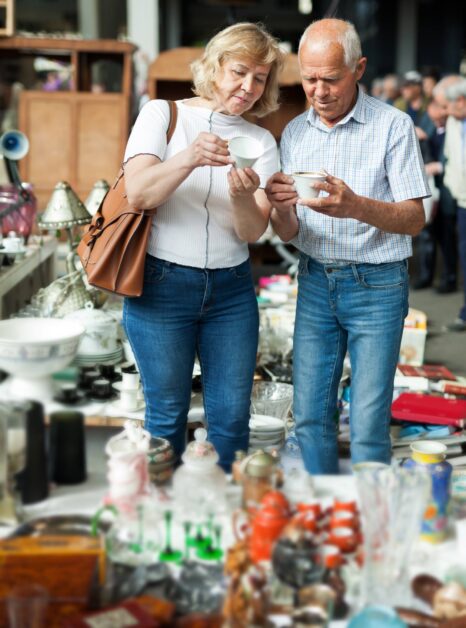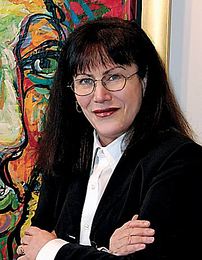 There is another side to thrifting, and that is the donating aspect and the should-donate-aspect. I’m not talking about hoarders, but most of us who have a hard time letting go.
There is another side to thrifting, and that is the donating aspect and the should-donate-aspect. I’m not talking about hoarders, but most of us who have a hard time letting go.
“I’ll fit in it someday,” “The tags are still on it,” “My neighbor could use it,” “I can sell it online” or “I’m passing it down to the kids.” And remember the old days when wedding gifts were never returned — had to be in the cupboard just in case the giver came over for a visit.
For over 10 years, I have been analyzing the subject of thrifting in Silverdale, Bremerton, Port Orchard and Belfair. Only for the past year have I included the subject of “where’d the stuff come from” and “why are you not donating the things you don’t use or want.”
The subject is sensitive, immense and inevitable. Today we have lots of products coming from China, folks downsizing, unlimited online products and boomers noted for their “stuff” now at a passing age. The “what” and the “why” are complicated.
A few months back while standing at the pay counter at the HUB Thrift Shop in Belfair, the donating subject came up: Who donates items and why? I usually don’t get too personal, but this time I did.
“My bones were so thin, they had to go in the old-fashioned way, which made recovery long and more difficult. During this new hip recovery period I bought a $1,600 chair that vibrated, heated and went back and forward at the press of a button,” I shared with the cashier.
“But this chair,” I excitedly continued, “it came forward and up to actually stand you up.”
Recovery worked and there was that stand-you-up chair. It seemed to be a sin for something so special to not be used by someone who could use it. So, I donated it here and the staff assured me the chair would do good.
I was surprised that I shared that personal story, but shocking was the result. The woman standing behind me examining the counter case looked up and said, “When was that?” I answered, “About three years ago.” She exclaimed, “That was my dad.”
The emotional topic continued as the discovered point was made. With time, I could have sold it and made a little money. Instead, I donated it, and a man was helped who could not afford to be helped otherwise.
























